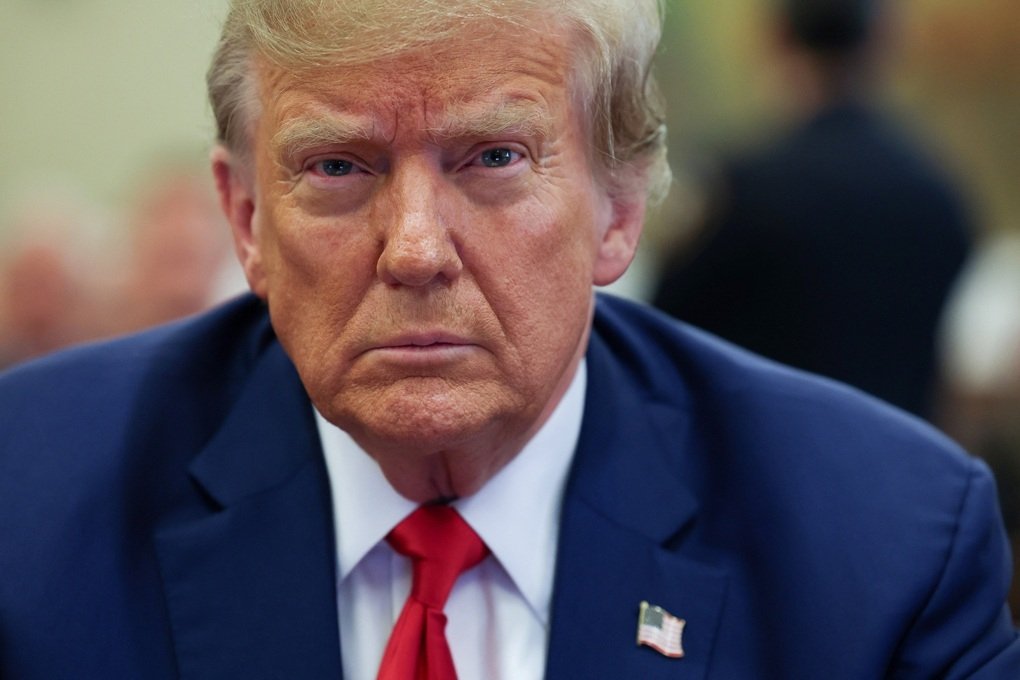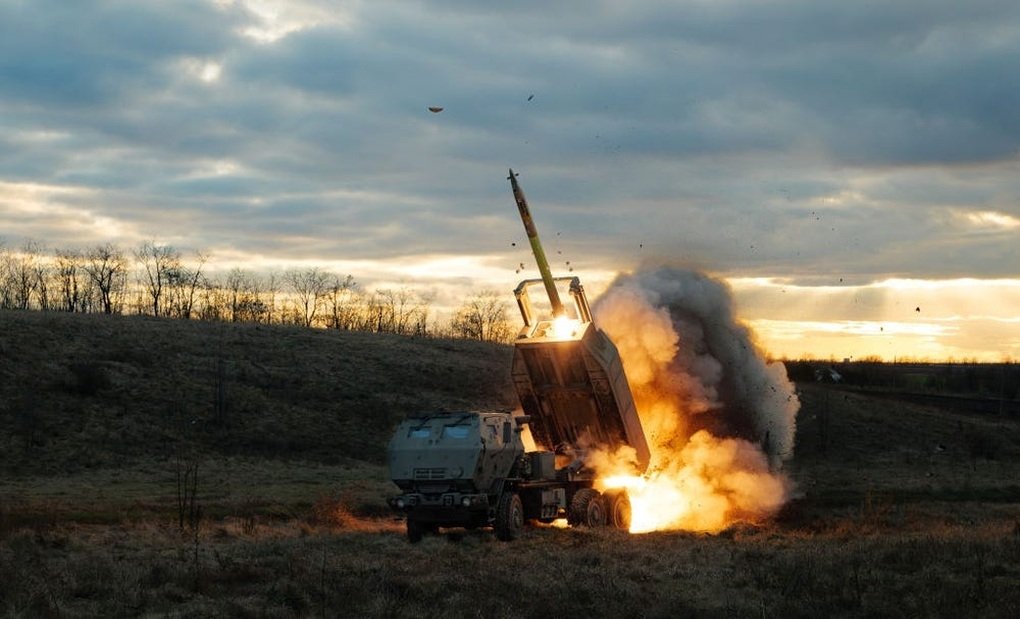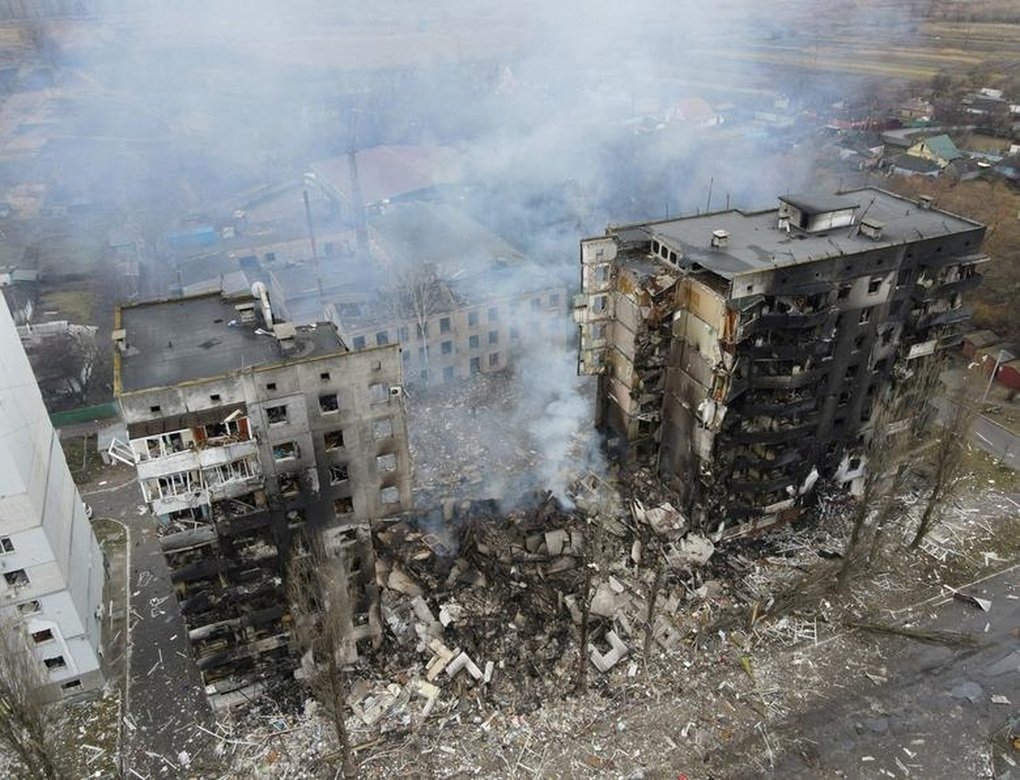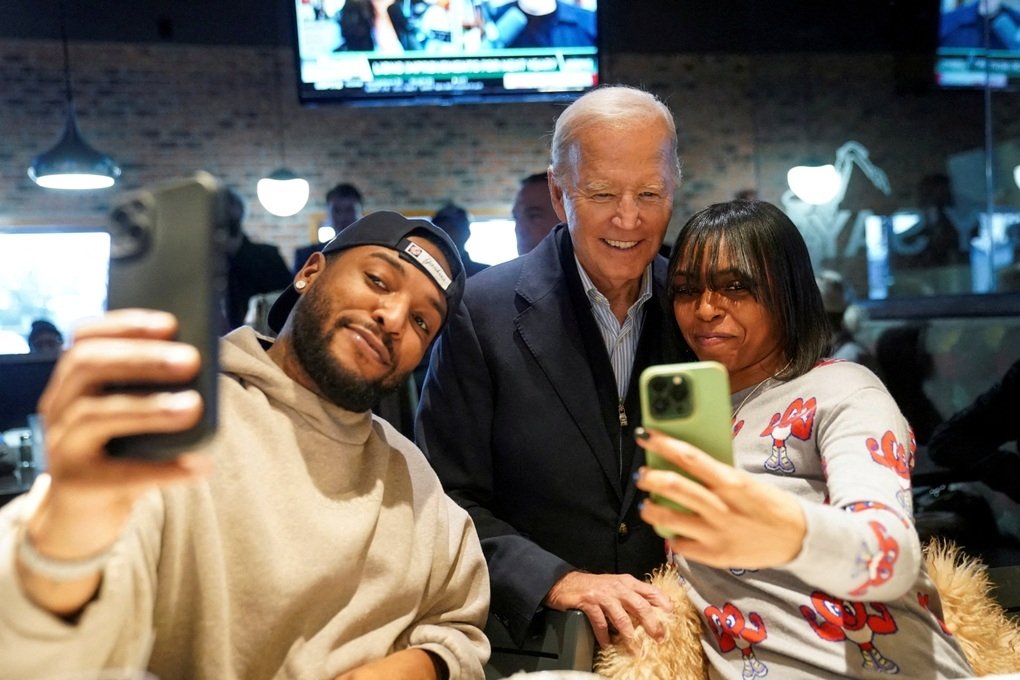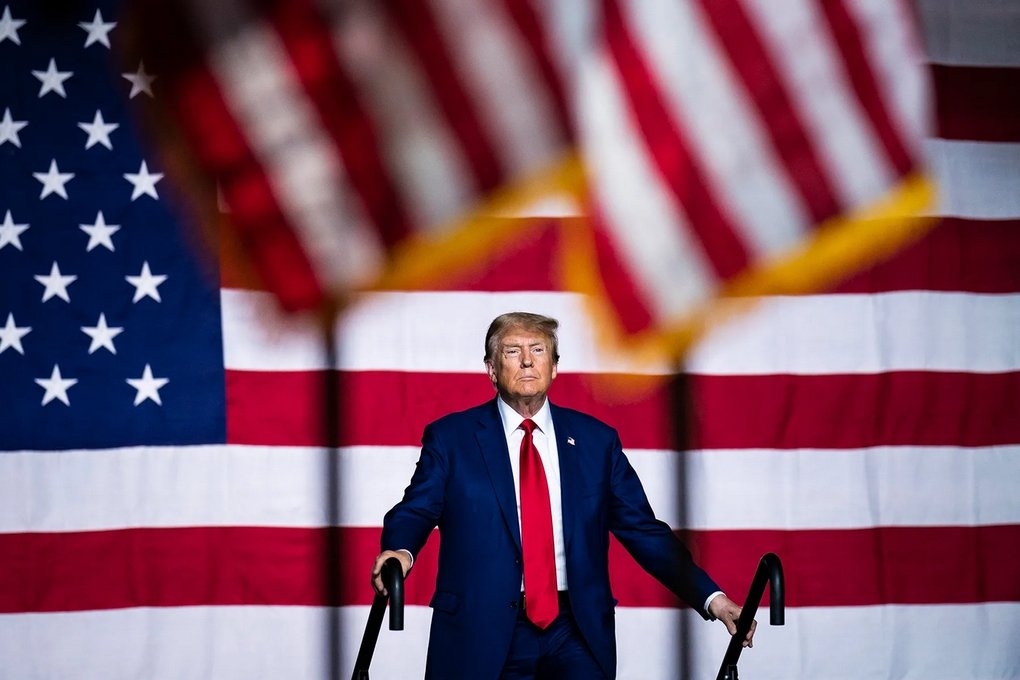(Dan Tri) – World leaders are starting to realize and react to the fact that former US President Donald Trump could actually return to the White House in a year.
Former US President Donald Trump (Photo: Reuters).
Faced with the prospect that the US administration in 2025 will be almost completely different from the current one, some countries are increasingly considering what could be called `taking advantage of Trump` in their political calculations.
Accordingly, these countries will delay making decisions with the expectation that they can reach a better agreement with Washington a year later, when Mr. Trump is president.
On the contrary, some other countries are starting to look for ways to `prevent Trump risks`, by analyzing the disadvantages for them if the former President reappears in order to make appropriate preparations.
War in Ukraine and European security
According to an article on Foreign Affairs by Graham Allison, Professor of Government at the Harvard Kennedy School, Russia’s calculations in the `special military operation` in Ukraine are one of the examples of `taking advantage of Trump`.
Signals of Russia’s willingness to end hostilities began to appear in recent months, such as when President Vladimir Putin called for negotiations while interviewing American journalist Tucker Carlson.
Mr. Allison pointed out that the Russian side must have known clearly about Mr. Trump’s promise to `end the fighting in one day`: `I will tell Zelensky that there will be no more aid. You must reach an agreement.`
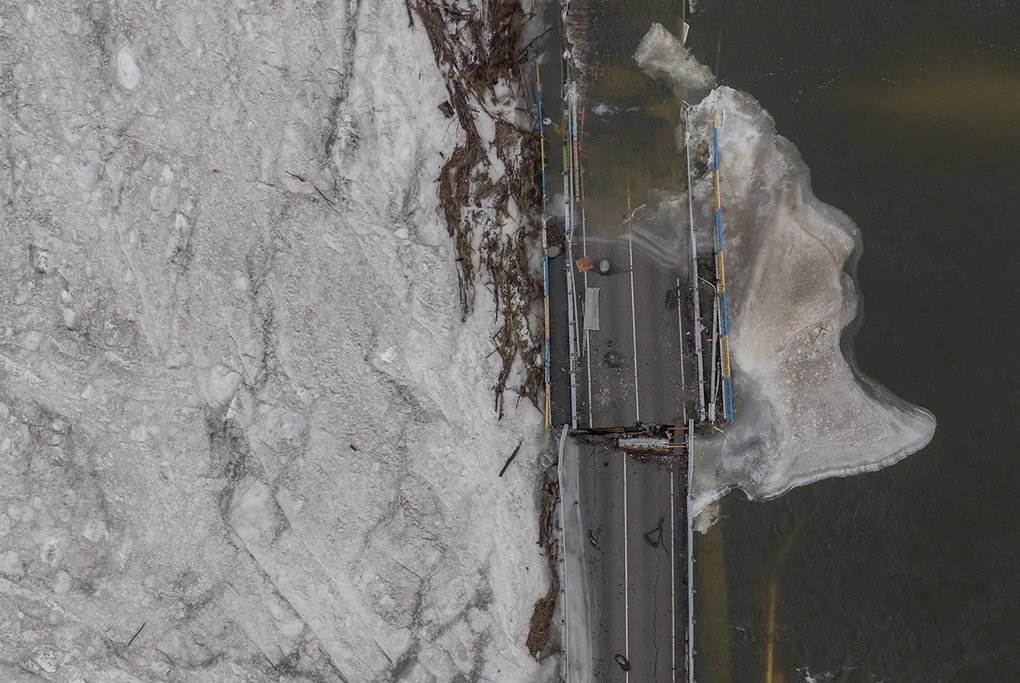
A destroyed bridge is seen from above in the village of Bohorodychne, Ukraine on January 27 (Photo: AFP/Getty).
In contrast, Ukraine’s allies in Europe must consider `Trump risk prevention` measures.
When the war in Ukraine shattered Europe’s hopes for a world where armed conflict was a thing of the past, NATO was given new life.
Mr. Trump is not the first US leader to question why Europe – with a population three times that of Russia and a GDP more than nine times larger – must depend on Washington in defense matters.
But Mr. Trump went even further, although his statement could be one of the ways to force European countries to meet their commitment to spend 2% of GDP on defense.
When he was president, he had serious discussions about completely withdrawing from NATO in 2019, according to his former national security adviser, John Bolton.
Therefore, when calculating how many tanks or artillery shells to send to Ukraine, some European countries will now wonder whether they need those weapons for their own defense if Mr. Trump is elected in
New world trade order
Mr. Trump’s second term promises a new world trade order.
On his first day in office in 2017, Mr. Trump withdrew from the Trans-Pacific Partnership (TPP) Trade Agreement.
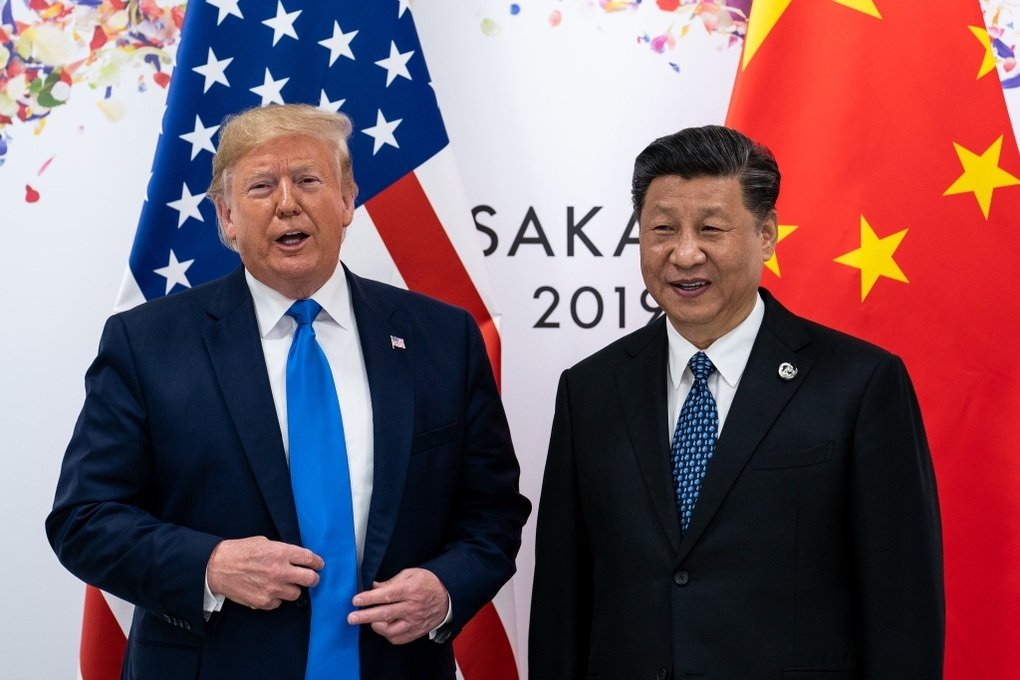
President Trump and Chinese President Xi Jinping in Osaka, Japan in 2019 (Photo: New York Times).
Mr. Trump also imposed a 25% tariff on $300 billion worth of Chinese imports, a tariff that Mr. Biden largely left in place.
If elected for a second term, Mr. Trump may be more daring, as US trade negotiator under Mr. Trump, Mr. Robert Lighthizer, assessed in his recently published book.
During the current election campaign, Mr. Trump promised to impose a 10% tax on imports from every country and would `tit for tat` with countries that impose higher taxes on American goods.
According to Mr. Lighthizer’s revelation, for China, Mr. Trump can cancel the status of `permanent normal trade relations` that China was granted in 2000 before the country joined the World Trade Organization.
Since trade is a key driver of global economic growth, most world leaders can assume that the possibility of US initiatives disrupting the rules-based trading order is remote.
But certainly, some countries are considering scenarios in which the US will succeed in separating itself from the global trade order, instead of successfully forcing other countries to separate from China, according to Mr. Allison.
`In American history, there have been eras when the differences between Democrats and Republicans on major foreign policy issues were very modest,` Mr. Graham said.






